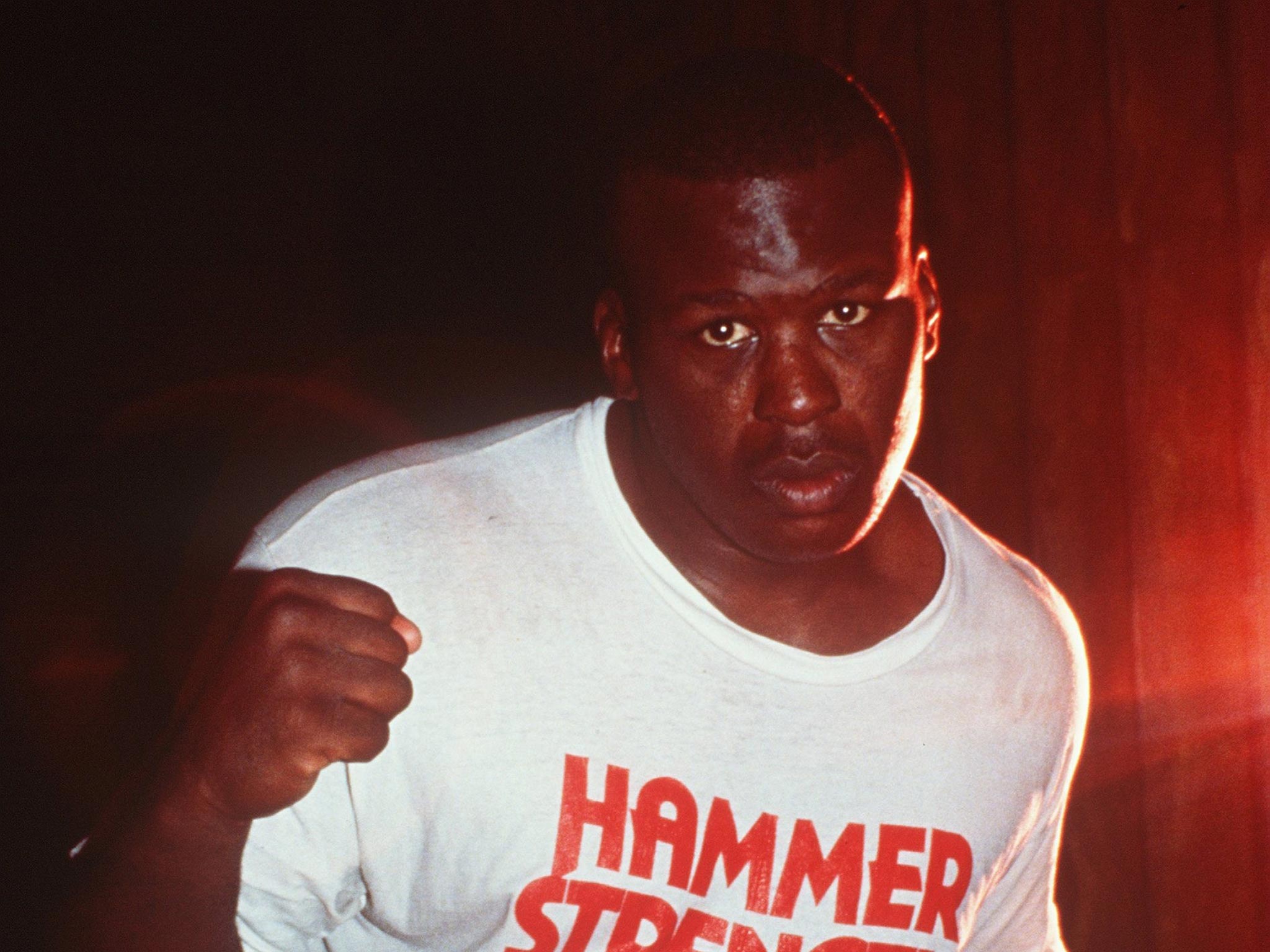Steve Bunce on Boxing: How James 'Buster' Douglas defied crazy odds to bust open Mike Tyson's world and end the fairy tale for both

James "Buster" Douglas has been the heavyweight champion of the world, a yacht-jetty bum, a survivor of a diabetic coma and mostly he has been living inside the memory of a lunchtime in Tokyo 24 years ago.
Douglas was the carefully selected victim picked to perfection to go a few rounds and then fall over against Mike Tyson in a title defence; he was picked for his frailties because at the time Tyson was starting to fall apart and anybody with a dangerous pulse had a chance. Douglas had quit in a title fight three years earlier when he retreated to the ropes and let Tony Tucker hit him without trying to throw a punch back. He was called a coward in the ugly aftermath and that was a label that aided his selection; he was considered a safe option for the troubled cash cow by the men who were so desperately trying to protect their asset from defeat.
The fight took place on 11 February 1990 and it is worth remembering what a savage and seemingly untouchable fighter Tyson was at the time. He had been the heavyweight champion since 1986. Douglas was to be his 10th defence, he was unbeaten in 37 fights and still only 23. The money was rolling in, the boy-man was imploding and thankfully poor old Buster was not considered a threat to either.
"I had no idea what was happening at that time," Tyson said. "My life was beyond crazy. I was just going through the motions each day, doing what I thought I had to do and acting the way I thought I had to act. Douglas was meant to be an easy fight. I never cared." Tyson has said that his life came to an end after the fight and that he has been picking up shattered pieces ever since losing his unbeaten record.
The fight in Tokyo was also important because deals were on the table to match Tyson with Evander Holyfield, at the time a contender and threat with a squeaky-clean image. There was talk of $25m purses, records would be broken and Tyson would ruin the smaller man and carry on making millions. It was a tidy little fairy tale that nobody questioned in the weeks, days and hours before the Douglas disaster. "We sure did take a hit in that fight," Don King, the fight's promoter, admitted years later.
Douglas was the 42-1 long shot, a price that seems to me like it was put up to disguise the massacre, to somehow validate the cold exercise by making it appear to be a contest that people would have a flutter on. "It must be a real fight, they have odds even if they are crazy" was the simple message and, unfortunately for the men protecting Tyson, it most certainly was a real contest.
The fight was a painful comedy in many ways for Tyson and the men in his business. The champion's corner was pathetic, crucial implements of survival had been omitted from the checklist, specifically a gadget called an Enswell, which is a lump of metal kept in ice and used to move bruises away from swollen eyes. Tyson's pals in his corner filled up a condom with ice to try and replace the absent Enswell and worked on the fighter's swollen features. It was gruelling for both but Douglas refused to lose, getting up from a sickening knockdown in round eight to pummel Tyson to the canvas in round 10. It was over, but there was a twist and recognition was delayed a day after King complained that Douglas had failed to beat the count. The complaint, which was legitimate in many ways, was thrown out.
Douglas sailed away from Tokyo a free man, the heavyweight champion of the world and the slayer of giants. His life, however, was about to get complicated as his love affair with the fridge intensified as his desire diminished. It was Douglas who got the fight with Holyfield and left Las Vegas without his World Championship but with a record $24m in his pocket. He took six years out, ate himself to over 400lb of blubber and nearly died when he collapsed into a diabetic coma. He beat that, fought a few more times and then walked off into the sunset.
The last few words belong to Tyson, spoken as his corner scooped him up at the end: "What happened?" he asked. They mumbled something back about it being "cool", telling him that he would be "all right". They all lied.
Subscribe to Independent Premium to bookmark this article
Want to bookmark your favourite articles and stories to read or reference later? Start your Independent Premium subscription today.

Join our commenting forum
Join thought-provoking conversations, follow other Independent readers and see their replies